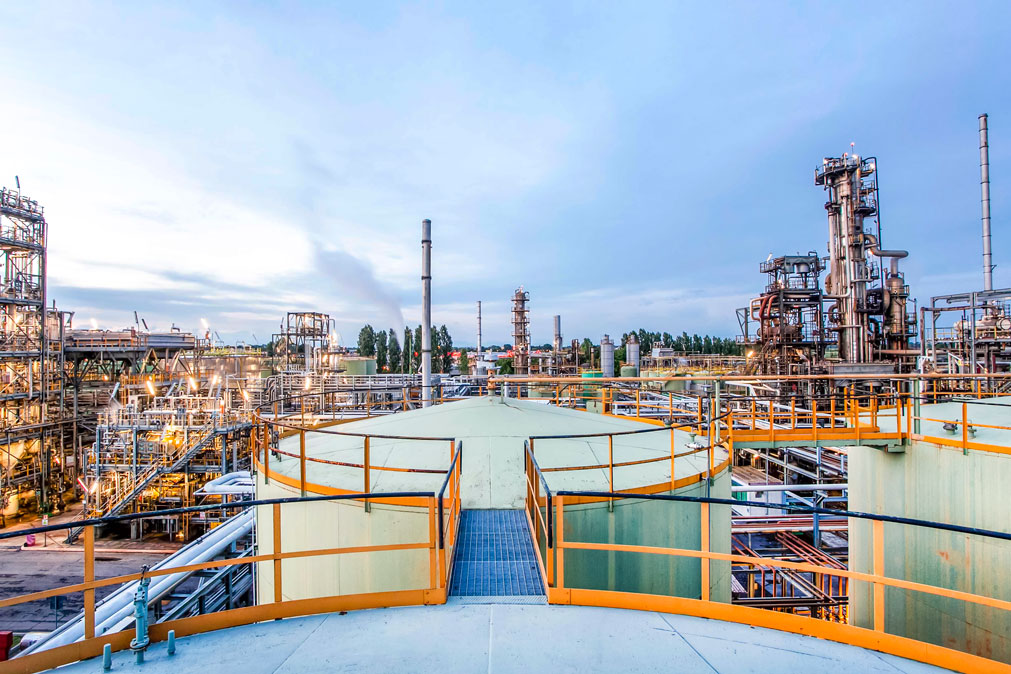CONOU organise a collection network, consisting of 60 licensees, and has three regeneration plants, widespread in the whole Country.
The values on which is based the activity of the chain are:
Sharing between companies
Technological innovation
Sustainability orientation
The collection of lubricating oils is carried out by authorised private firms, which guarantee quality and safety standards. Licensees collect waste oils from workshops and factories with their own vehicles and store them in their own depots. Collected waste is then pre-treated and delivered to regeneration refineries. Here, the oil is analysed, addressed to Regeneration and brought back as a new base oil.
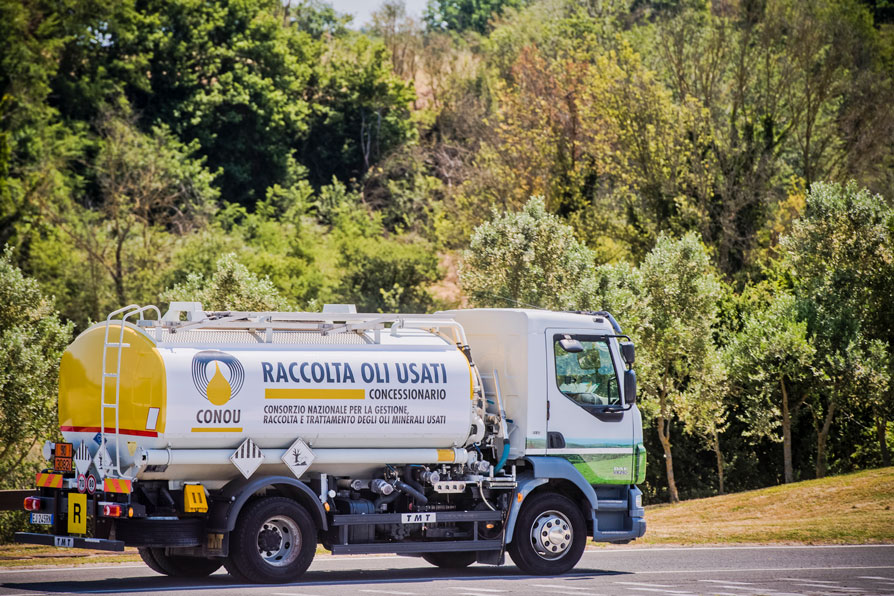

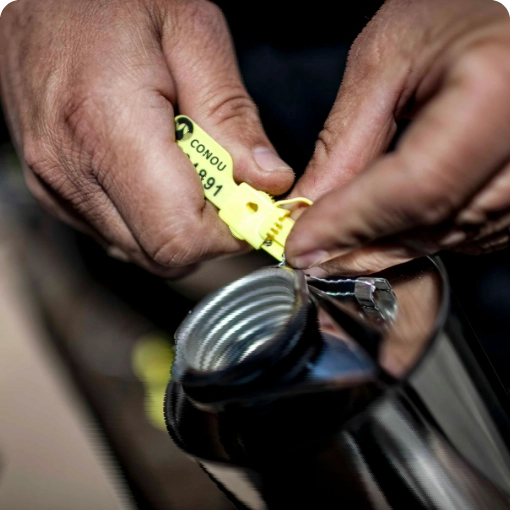
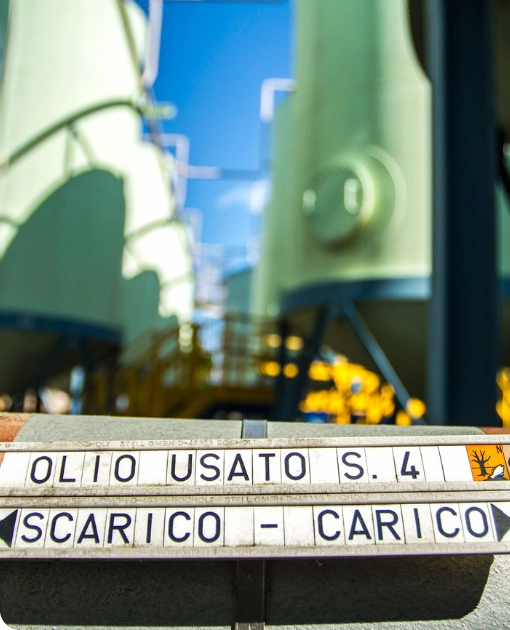
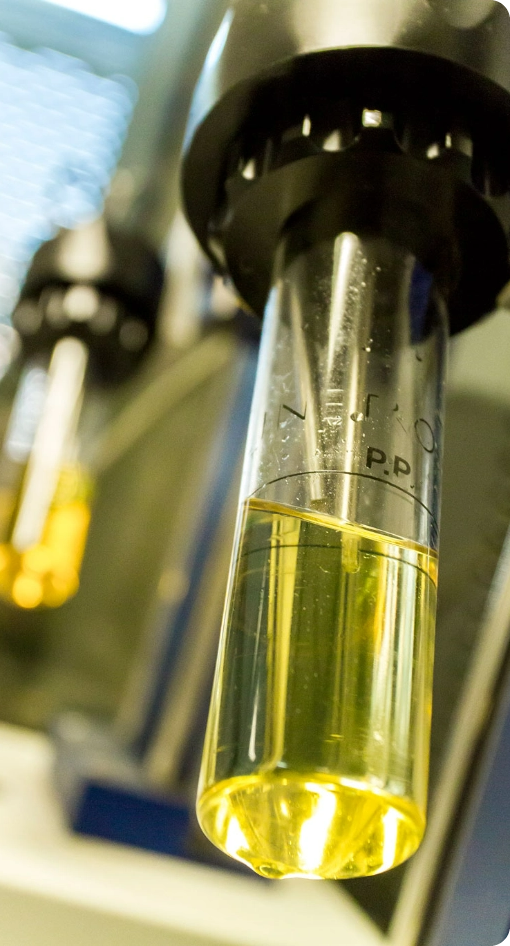
Collection is carried out at no charge to the holder, while the costs of collection, on a standard basis, are hold by the Consortium. CONOU also provides an economic compensation to regeneration companies (Law 166 of 20/11/2009) to enable them to market regenerated bases at market prices. The collection service is completely free of charge for producers of waste oil that do not contain substances that prevent regeneration. When they are heavily polluted, the oils are sent to combustion or in rare cases to thermal destruction; only in this last case the cost of this is borne by the holder of the waste.
Quality and safety are essential to be part of the supply chain. CONOU licencees are all certified ISO 9001 (quality certification), ISO 14001 (environmental certification) or EMAS (environmental registration).
The regeneration of mineral oil is a key step of the Consortium’s activity because it turns back the collected oil from hazardous waste into a resource. The regeneration process takes place in the three plants operated by two private companies (Itelyum and Ramoil) and is characterised by high efficiency. From 100 kg of used oil, approximately 65 kg of regenerated base oil and 22 kg of Diesel/Bitumen can be obtained as by-products, and 8 kg of fully purified water returned to the environment. Only 5 kg of process waste is sent for further processing, which represents a significant saving in the energy bill. In Italy, about 25% of the lubricating base market is made up of regenerated bases.
